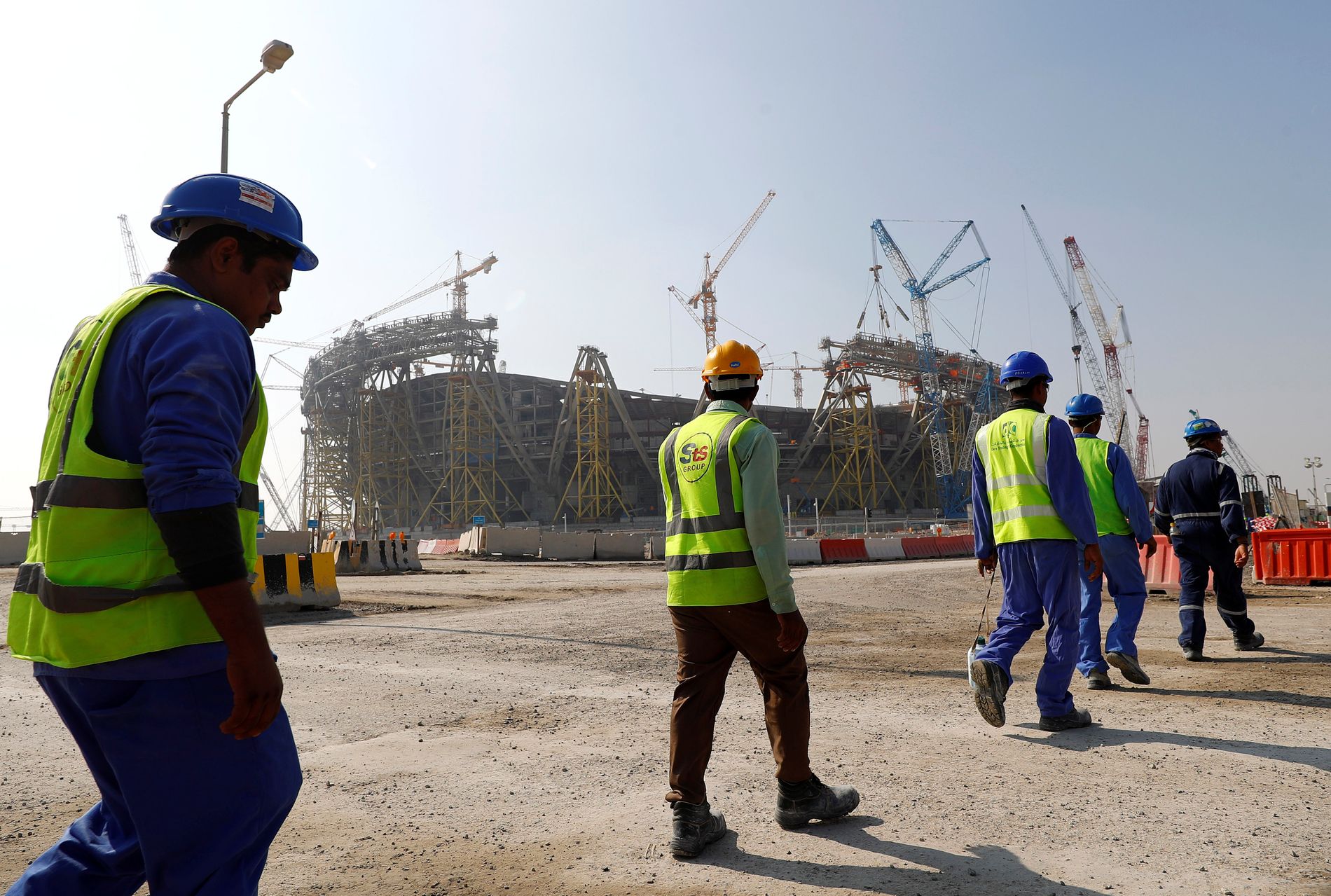Some 6,000 members of 170 tribes, many wearing feather headdresses and brandishing bows and arrows, occupy this Wednesday August 25 the immense esplanade near the buildings of power of Brasilia in Brazil, in order to put pressure on judges of the highest Brazilian jurisdiction.
As of Wednesday, the Brazilian Supreme Court is due to render an expected judgment on the right to their ancestral lands.
The biggest demonstration of indigenous people ever
This is the largest demonstration of indigenous people ever organized in Brazil, according to the Association of Indigenous Peoples of Brazil (Apib) which coordinates the mobilization.
Since Sunday, August 22, thousands of indigenous people with often painted bodies have pitched tents, sing and dance near the modernist buildings of the Presidential Palace, the Supreme Court and the Parliament.
–
Indigenous women from the Krenak tribe are seen protesting outside the Supreme Court building in Brasilia on August 24. © CARL DE SOUZA / AFP
These shimmering gatherings are being held for the moment in peace, under the vigilance of riot police. In June, protests for their native lands had escalated. Three demonstrators were injured, along with three police officers, by arrows.
Judges must decide on the definition of ancestral lands
Tuesday evening, the demonstrators made a vigil. They were scheduled to walk Wednesday from 1:30 p.m. (4:30 p.m. GMT) to the seat of the Supreme Court when its 11 justices begin to lean on their land.
The court’s decision may not be known today, or even this week.
Judges must confirm or reject the “Temporal thesis” which recognizes as ancestral only the lands which were occupied by the natives when the Constitution was promulgated in 1988.
However, many tribes were displaced during the upheavals of Brazilian history, especially under the military regime (1964-1985). Back on their land, they demand the protection of the status granted to the reserves, which is opposed by the powerful Brazilian lobby of agribusiness.

–
Indigenous demonstrators hold a banner that reads “Genocides, your destiny is the court of The Hague” during a demonstration in front of the Supreme Court building in Brasilia, August 24, 2021. © CARL DE SOUZA / AFP
A decision that will apply to dozens of others
It is by deciding on the specific case of a reserve in the State of Santa Catarina (south) – deciding whether the “Temporal thesis” apply or not – whether the Supreme Court will render a ruling that indirectly affects dozens of other reservations that have been the subject of litigation for years.
President Jair Bolsonaro has already warned that ” chaos “ and to “Temporal thesis”, also favorable to the activities of deforestation and illegal mining prospecting, was not confirmed by the Supreme Court.
“All of Brazil is indigenous territory”
“If the Supreme Court accepts the ‘temporal thesis’, it could legitimize violence against indigenous peoples and exacerbate conflicts in the Amazon rainforest and other regions”, warned Francisco Cali Tzay, UN Special Rapporteur for the Rights of Indigenous Peoples.
“All of Brazil is indigenous territory”Tai Kariri, 28, chief of the Kariri tribe in northeast Paraiba state, told AFP. “We have always lived there”.
Demonstrators are also protesting what they believe to be systematic violations of their rights since the far-right president took office in January 2019.
“This government is attacking the indigenous peoples”, Syrata Pataxo, a 32-year-old chief of the Pataxo tribe in the state of Bahia (northeast) told AFP.
“Today all of humanity calls for the protection of the Amazon rainforest. But the government wants our forest, the lung of the planet, to be replaced by soybean crops and gold mining ”, says the native whose body is painted with elaborate patterns.
Jair Bolsonaro supports a bill that would open up indigenous lands to the exploitation of natural resources.
Two other bills are decried by the tribes as encouraging “The invasions” of their land. One advocates the regularization of illegal occupations of land by gold miners, loggers or breeders.
The approximately 900,000 indigenous people of Brazil represent 0.5% of the 212 million inhabitants and their lands cover 13% of the territory of the immense country.
– .


